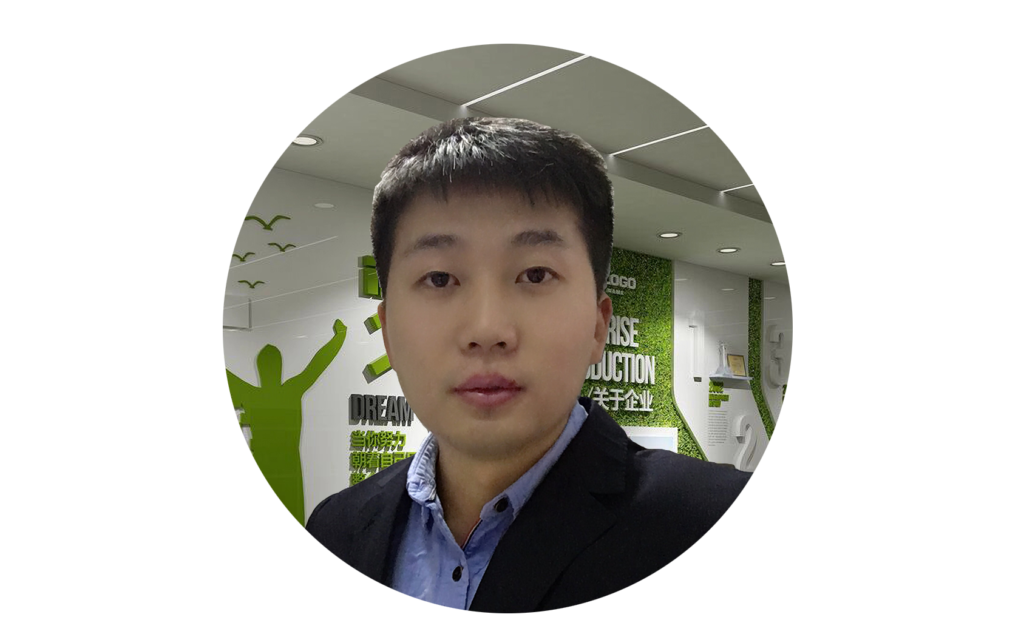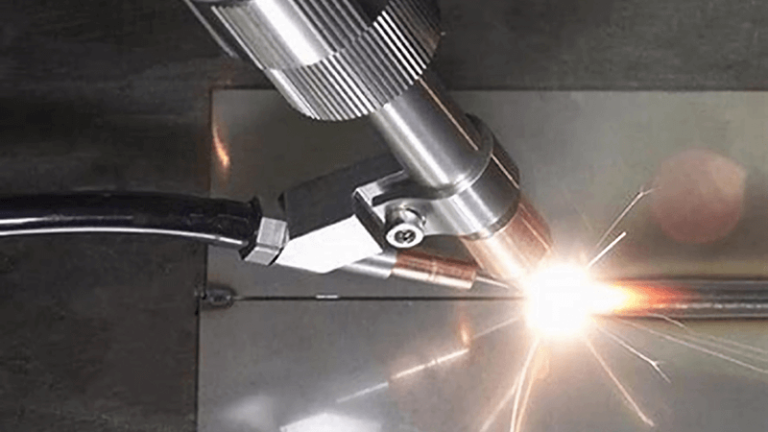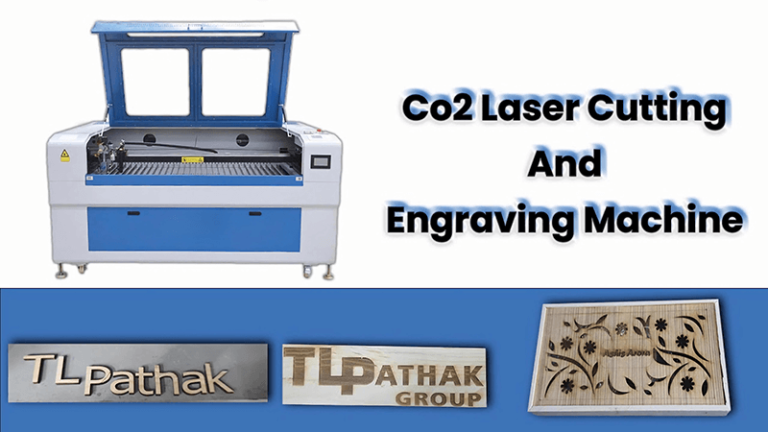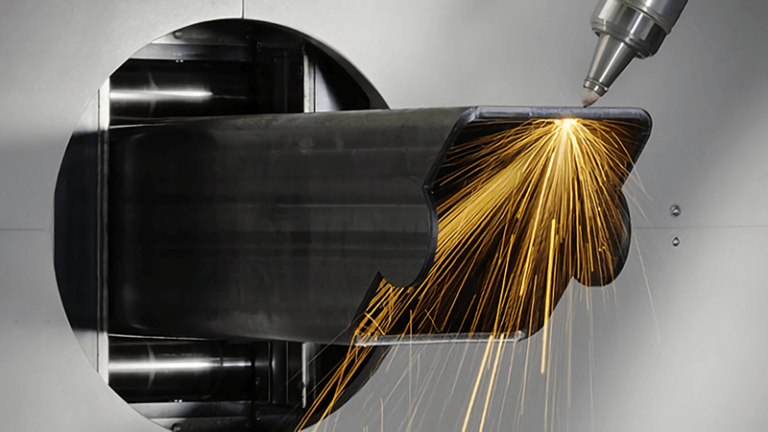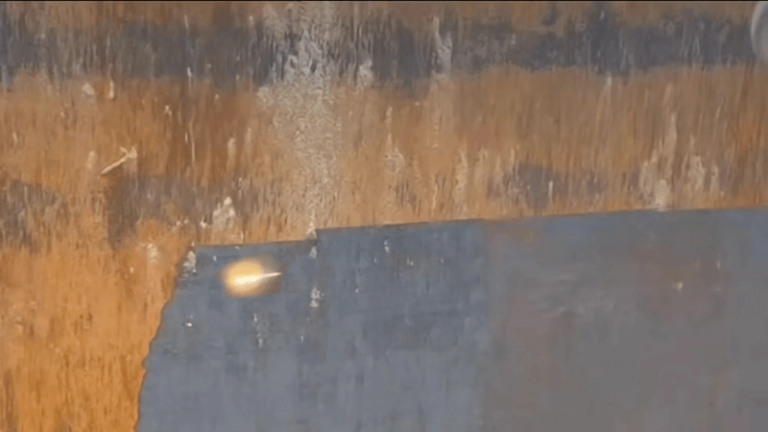In many industries, marking is not just about labels. It is about traceability, compliance, and brand identity. Traditional methods often fail to keep up with speed, quality, and durability.
A fiber laser marking machine is a powerful tool that uses concentrated light beams to create permanent, high-precision marks on metals, plastics, and other materials. It is known for speed, reliability, and low maintenance, making it ideal for industrial use.
When I first started exploring laser technology, I noticed how companies were tired of fading inks and messy consumables. Fiber laser marking offered a different story—clean, permanent, and efficient. That is why I believe it is worth understanding in depth.
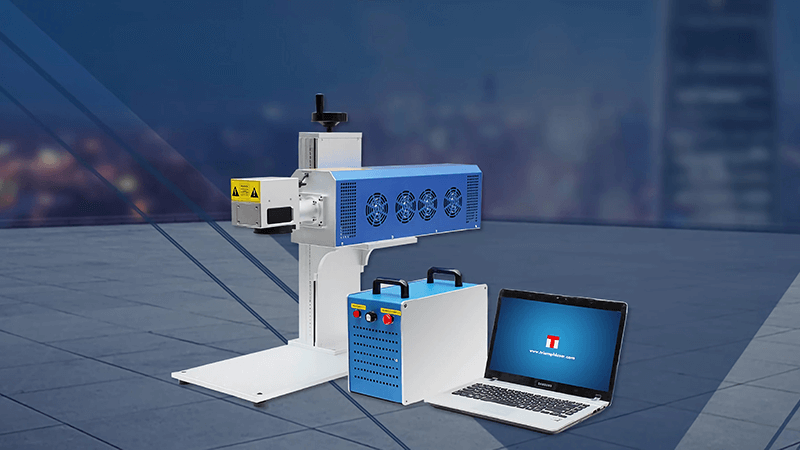
What is a fiber laser marking machine?
Many businesses struggle with marking methods that fade, smudge, or slow down production. The problem is not only aesthetic. It impacts compliance and traceability. Fiber laser marking machines solve this by combining speed, accuracy, and durability.
A fiber laser marking machine is a system that generates a high-intensity laser beam through fiber optics, allowing permanent and precise engraving on metals, plastics, and other hard materials. It requires little maintenance and no consumables.
The core working principle
At its heart, a fiber laser marking1 machine converts electrical energy into light through diodes. The light passes through fiber optic cables, producing a laser beam with very high energy density. When this beam hits the material, it alters the surface instantly. This is why the mark is permanent and resistant to wear.
Materials that benefit most
| Material | Result of Fiber Laser Marking |
|---|---|
| Stainless Steel | Deep, durable engraving |
| Aluminum | Crisp and high-contrast marks |
| Plastics | Fine, detailed lettering |
| Titanium | Permanent marks for medical use |
| Gold/Silver | Precision without damage |
Why industries prefer it
I have seen fiber-laser marking excel with jaw-dropping precision and speed—snapping down flawless, permanent IDs in milliseconds, cutting maintenance headaches thanks to its solid-state fiber design. For companies that deal with mass production, it becomes a game changer. No smudging, no recurring ink costs, and a clean process that integrates seamlessly with production lines.
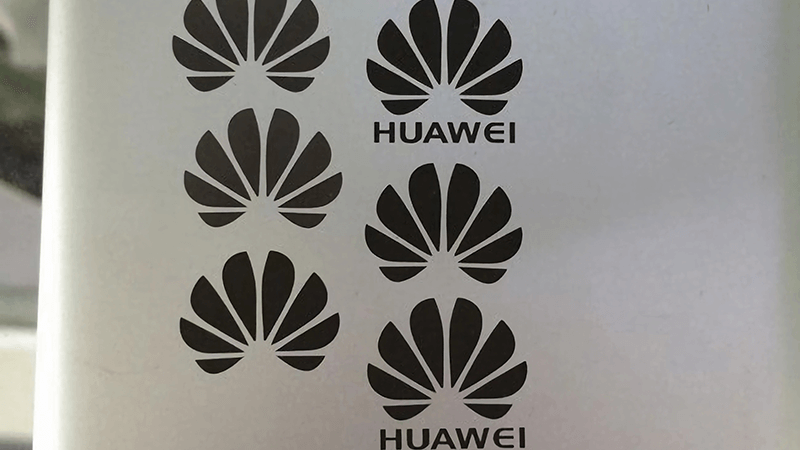
Is fiber laser marking accurate?
Manufacturers often complain that traditional engraving leaves inconsistencies. A small variation can ruin a batch, especially in aerospace or medical industries where accuracy is critical.
Fiber laser marking is extremely accurate, capable of engraving characters, logos, and barcodes as small as a fraction of a millimeter. Its precision comes from controlled laser pulses that ensure every mark is consistent, sharp, and permanent.
Why accuracy matters
Accuracy is not about beauty alone. It is about meeting industry standards. For instance, automotive parts must have readable serial numbers throughout their lifespan. Fiber laser marking2 ensures every character is placed exactly where it belongs. The repeatability is what makes it powerful.
Precision in numbers
| Feature | Fiber Laser Accuracy |
|---|---|
| Line width | Less than 0.01 mm |
| Repeatability | ± 0.001 mm |
| Marking depth | Adjustable up to 0.5 mm |
| Barcode readability | Near 100% scan rate |
Personal experience
One client came to me frustrated with ink fading on metal parts during shipping. I suggested a fiber laser marking machine. Once installed, every code was crisp, permanent, and traceable. The best part? No consumables, no smudging—just sharp, durable marks that finally met their compliance needs. That story stays with me because it proves accuracy is not abstract. It directly impacts real businesses.
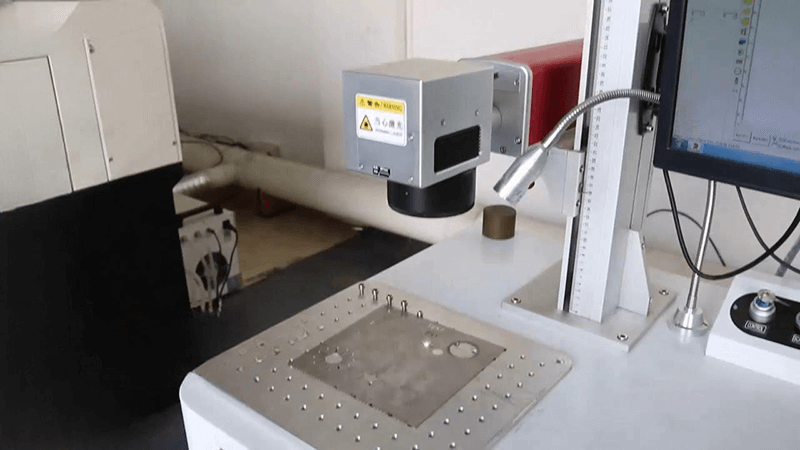
Is fiber laser marking better than UV laser marking?
Companies often ask me to compare fiber laser with UV laser. Both are strong, but each has unique roles. Confusion arises because both promise precision, yet the material type often decides the winner.
Fiber laser marking is better for metals, hard plastics, and industrial materials due to its high power and efficiency. UV laser marking is better for delicate materials like glass, ceramics, and soft plastics. Choosing between them depends on application, not absolute superiority.
Breaking down the difference
Fiber laser strengths
- Excels in engraving metals and alloys
- Long lifespan of 100,000+ hours
- Lower operating costs (no consumables)
UV laser strengths
- Ideal for delicate or heat-sensitive materials
- Creates smooth edges without burning
- Works well on transparent plastics
Comparison table
| Feature | Fiber Laser | UV Laser |
|---|---|---|
| Best for | Metals, alloys, plastics | Glass, ceramics, delicate plastics |
| Durability of marks | Very high | Moderate |
| Operating cost | Low (no consumables) | Higher (complex parts) |
| Speed | Very fast | Slower for large batches |
| Lifespan | 100,000 hours | ~20,000 hours |
My insight
When I guide clients, I ask them first about materials. If they are marking engine parts, fiber is unbeatable. If they are working with fragile medical devices, UV is safer. The better choice always depends on application. At Kirin Laser3, we offer both because each has its place.
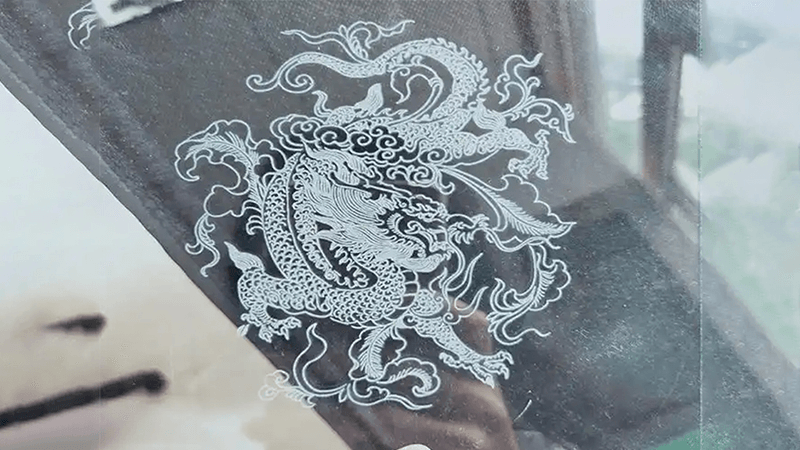
How to choose a laser marking machine?
With so many types available, decision-making becomes confusing. Many buyers look at price first. But the real value comes from matching the machine to your material, workload, and long-term goals.
To choose a laser marking machine, identify your main material, marking volume, and durability needs. Fiber lasers are best for metals and high-volume production, while UV or CO₂ lasers are better for special materials. Always check after-sales support and warranty.
Factors to consider
- Material type: Metals demand fiber lasers4. Glass and ceramics demand UV lasers5.
- Production scale: High-volume production benefits from fiber due to speed and durability.
- Budget: Look beyond the initial price. Fiber lasers save more over time.
- Support: Choose suppliers who provide training and technical help.
Table for decision-making
| Need | Best Machine Type |
|---|---|
| High-volume metal marking | Fiber Laser |
| Delicate plastics/glass | UV Laser |
| Organic materials (wood, leather) | CO₂ Laser |
| Multi-purpose, versatile use | Fiber Laser |
Personal recommendation
When I talk to procurement managers, I emphasize reliability. Many regret choosing based only on price. They often come back looking for stability, speed, and durability. At Kirin Laser, we design machines with wholesalers and distributors in mind. We know they need both performance and cost-effectiveness. That is why we focus on building systems that last, with minimal downtime.
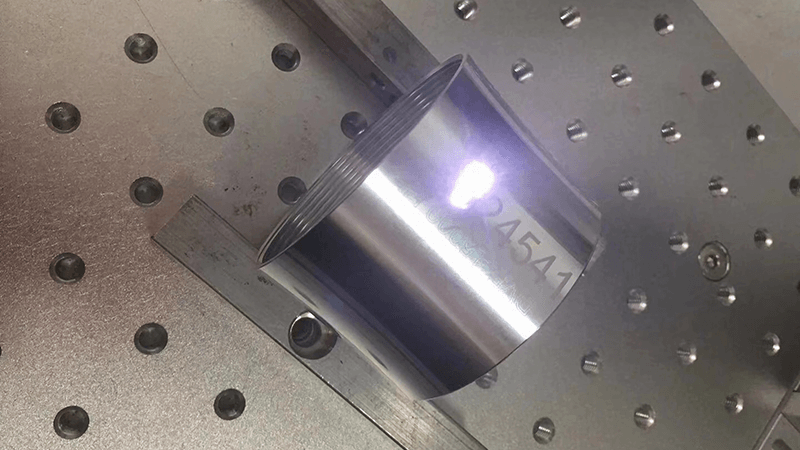
Conclusion
Fiber laser marking machines6 deliver unmatched precision, speed, and reliability. They solve real problems like fading ink, high maintenance, and compliance failures. Compared to other marking technologies, they excel in industrial use, especially metals and plastics. Choosing the right laser machine depends on material, workload, and long-term cost. From my perspective at Kirin Laser, fiber marking is not just a tool—it is a long-term investment in efficiency and traceability.
-
Explore this link to understand how fiber laser marking enhances precision and efficiency in various industries. ↩
-
Find this link to know how Fiber laser marking enhances accuracy and durability in various applications. ↩
-
Explore Kirin Laser to discover their diverse laser solutions tailored for different materials and applications. ↩
-
Explore the benefits of fiber lasers for manufacturing, including speed and durability, to make informed decisions. ↩
-
Learn about the specific applications of UV lasers, especially for delicate materials, to enhance your production capabilities. ↩
-
Find the best laser markng machine and fiber laser marking solutions from Kirin Laser, clicking this link to get all your needs. ↩

